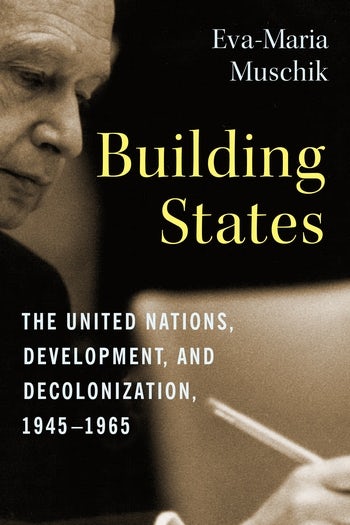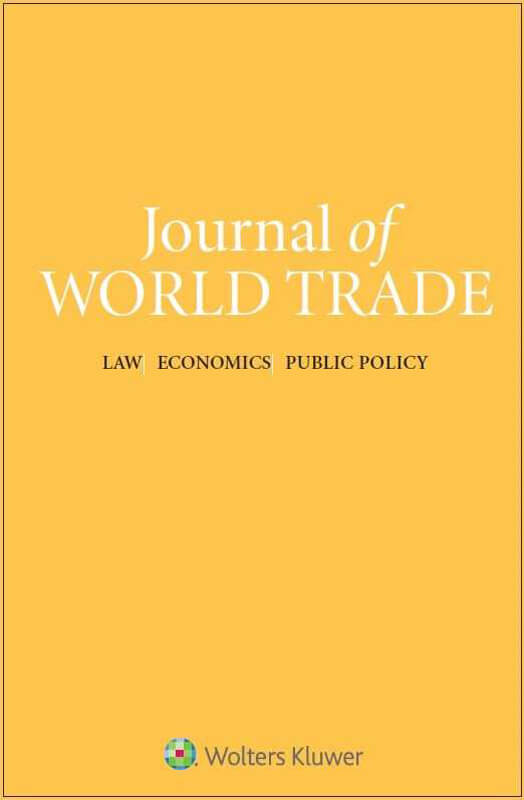| Image Source: Brill |
Articles
The Historical Origins of the Duty to Save Life at Sea in International Law
Author: Irini Papanicolopulu
Pages: 149–188
Online Publication Date: 09 Jun 2022
Exclusion vs Cooperation in the Utilisation of Transboundary Watercourses: The Case for Decolonising the Nile Water Agreements
Author: Fekade Abebe
Pages: 189–226
Online Publication Date: 09 Jun 2022
Making International Law Truly ‘International’?
Reflecting on Colonial Approaches to the China-Vietnam Dispute in the South China Sea and the Tribute System
Author: So Yeon Kim
Pages: 227–258
Online Publication Date: 06 May 2021
Pan-Americanism as a Hemispheric Model for a Global Order?
The Pan-American Peace Pact of 1914
Author: Klaas Dykmann
Pages: 259–292
Online Publication Date: 09 Jun 2022
Book Reviews
Great Britain, International Law, and the Evolution of Maritime Strategic Thought, 1856–1914, written by Gabriela Frei
Author: Frederik Dhondt
Pages: 293–297
Online Publication Date: 09 Jun 2022
Remaking Central Europe: The League of Nations and the Former Habsburg Lands, edited by Peter Becker and Natasha Wheatley
Author: Omer Aloni
Pages: 298–303
Online Publication Date: 09 Jun 2022
Read more on the publisher's website.






